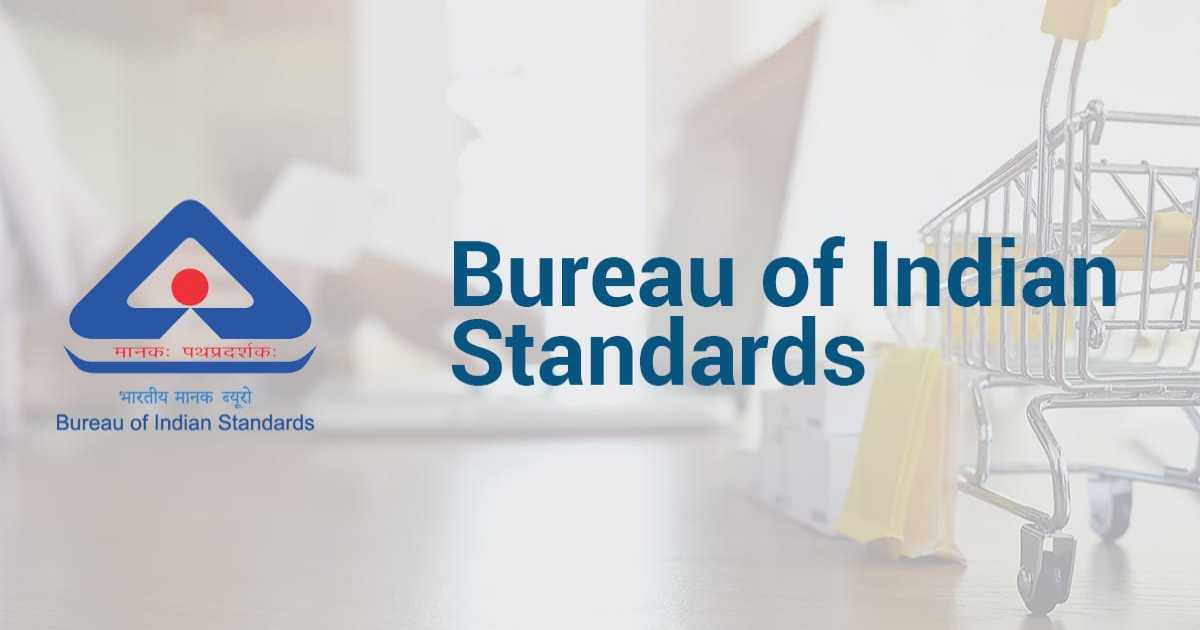Consultancy Services
BIS Certification Consultant
BIS Certification Consultant

BIS Certification refers to the process of obtaining certification from the Bureau of Indian Standards (BIS), which is the national standardization body of India. BIS Certification ensures that a product meets the specified quality, safety, and performance standards set by BIS.
The BIS Certification process involves the following key steps:
- 1. Application
- 2. Testing:
- 3. Factory Inspection:
- 4. Granting of License:
- 1. Assurance of Quality:
- 2. Compliance with Regulations:
- 3. Enhanced Marketability:
- 4. Consumer Trust:
- 5. Export Facilitation:
The manufacturer or importer applies to BIS for certification, providing all the necessary documents and information related to the product.
BIS conducts thorough testing of the product samples to assess their compliance with relevant Indian standards. The testing may include various parameters such as safety, reliability, performance, and quality.
BIS carries out an inspection of the manufacturing facility to verify its compliance with the relevant standards and processes.
If the product successfully meets all the requirements, BIS grants the license to use the ISI mark, which indicates compliance with the relevant Indian standards. The license is valid for a specific period and subject to renewal.
Benefits of BIS Certification:
BIS Certification ensures that the certified products meet the specified quality standards, giving consumers confidence in the product's reliability and performance.
Many products in India require mandatory BIS Certification to be legally sold in the market. Certification helps manufacturers and importers comply with regulatory requirements and avoid penalties or legal issues.
BIS Certification with the ISI mark enhances the marketability of products in India. The mark signifies conformity to quality and safety standards, making the product more appealing to consumers.
BIS Certification helps build trust among consumers who recognize the ISI mark as a symbol of quality and safety. It gives consumers assurance that the product has undergone rigorous testing and meets the necessary standards.
BIS Certification is often a prerequisite for exporting products to India. Having the certification simplifies the entry of products into the Indian market and facilitates trade.
It is important for manufacturers and importers to ensure that their products comply with the relevant Indian standards and obtain BIS Certification when required. This not only helps meet regulatory obligations but also establishes credibility, expands market reach, and fosters consumer trust in the product.